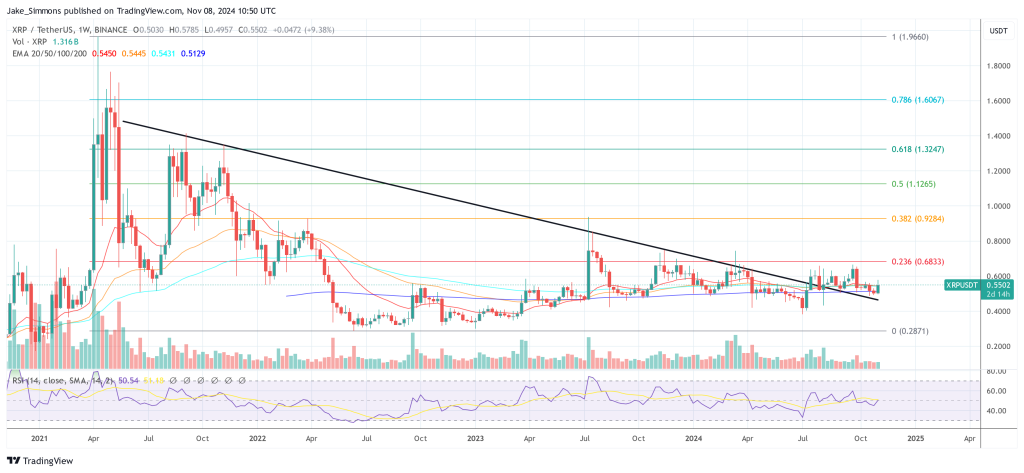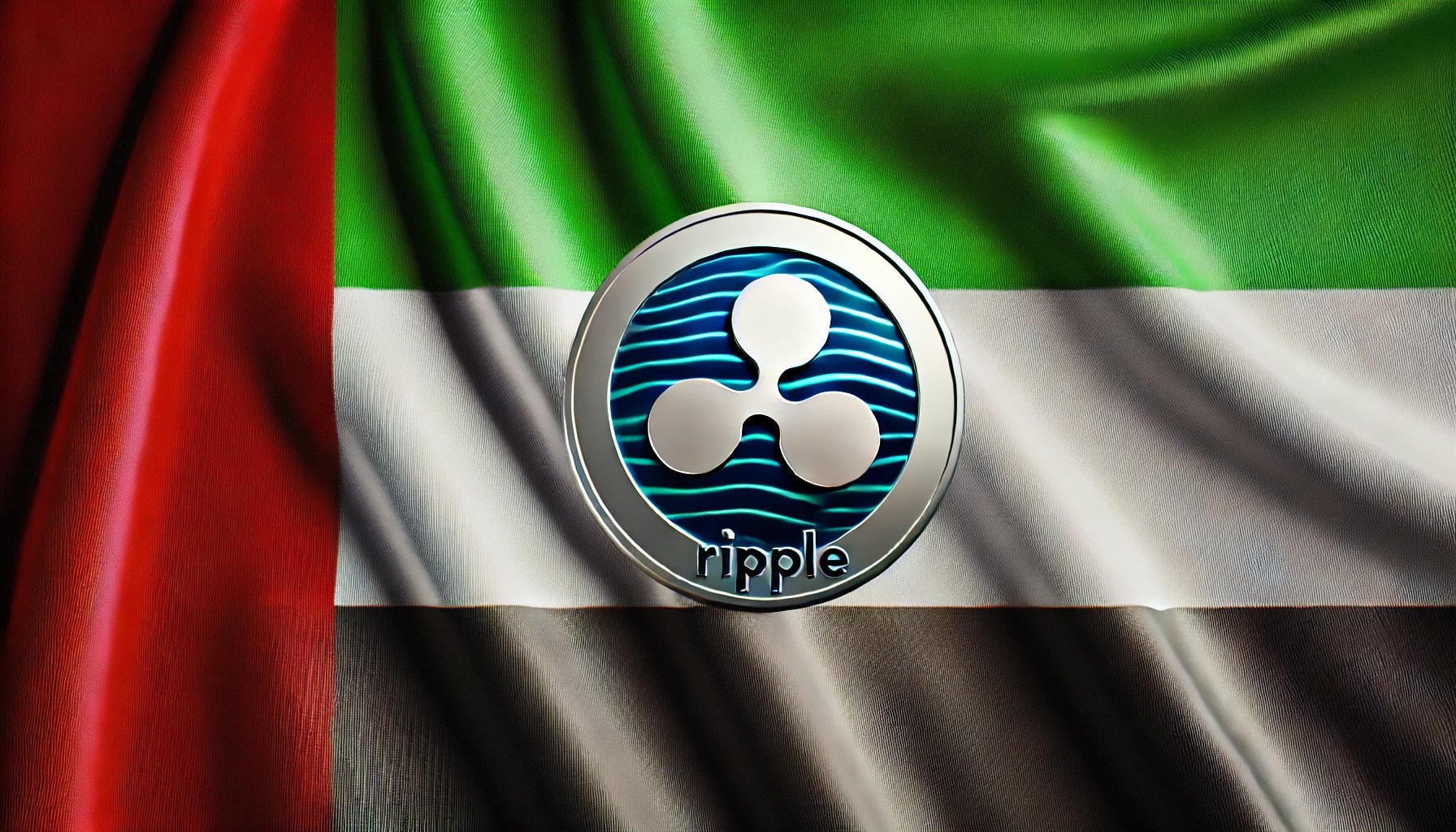
Ripple Labs could be exploring the launch of a dirham-backed stablecoin in the United Arab Emirates (UAE), expanding beyond its existing US-dollar-backed stablecoin, RLUSD. This speculation arises following Ripple’s newest blog post dated November 7, 2024, titled “UAE Stablecoin Regulation: A Blueprint for Financial Innovation.” The post hints at significant interest by Ripple in a dirham-backed stablecoin.
Will Ripple Launch A Dirham-Stablecoin?
The blog post outlines the UAE Central Bank’s (CBUAE) newly introduced regulatory framework designed to integrate both dirham-backed and non-AED stablecoins into the nation’s financial systems. “New regulations from the Central Bank of the United Arab Emirates (CBUAE) designed to integrate dirham-backed stablecoins as well as non-AED backed stablecoins into its financial systems are emblematic of this shift,” the Ripple team states.
The CBUAE’s framework aims to bolster the UAE’s standing as a global leader in digital asset regulation by providing clear guidelines that facilitate the issuance and use of AED-backed stablecoins for payments, while allowing non-dirham stablecoins to be registered for virtual asset transactions. “By embracing stablecoins, the UAE is laying the groundwork for safer, more efficient financial systems,” the Ripple blog emphasizes.
Ripple’s involvement in the region is well-established. The National Bank of Abu Dhabi became the first Middle Eastern bank to utilize Ripple Payments for secure and cost-effective remittance solutions, handling nearly $80 million in outbound remittances in 2022. Furthermore, XRP received approval from the Dubai Financial Services Authority (DFSA) for use within the Dubai International Financial Centre (DIFC) late last year.
The potential introduction of a dirham-backed stablecoin by Ripple aligns with the CBUAE’s objectives to promote a regulated stablecoin environment that mitigates the volatility inherent in cryptocurrencies and enhances investor protection. “The CBUAE’s aim is to proactively promote a well-regulated stablecoin ecosystem, specifically dirham-backed stablecoins, to offset more volatile cryptocurrencies and better protect investors,” the blog elaborates.
Notably, Tether has also signaled interest in the UAE stablecoin market, announcing plans to launch a UAE stablecoin pegged to the dirham as an alternative to the US dollar. The region has rapidly become the sixth largest crypto economy globally, processing nearly $400 billion in on-chain value between July 2022 and June 2023, according to Ripple.
The UAE’s comprehensive regulatory approach contrasts with other global frameworks, such as the United States’ proposed Clarity of Payment Stablecoins Act and the European Union’s MiCA regulations. Unlike these, the UAE’s framework permits unlimited use of dirham-backed stablecoins for payments while restricting non-dirham stablecoins to virtual asset transactions without imposing transaction caps. “This measured approach would also manage risks around liquidity, market volatility, compliance and operational challenges,” the blog notes.
“With a tech-forward citizenry and a government eager to foster innovation, the UAE is fertile ground for the integration of digital banking and blockchain into its financial sector,” the Ripple team concludes, adding that “stablecoins are now set to play a crucial role in the country’s economic diversification alongside its broader plans to launch a Central Bank Digital Currency (CBDC).
At press time, XRP traded at $0.55.



















